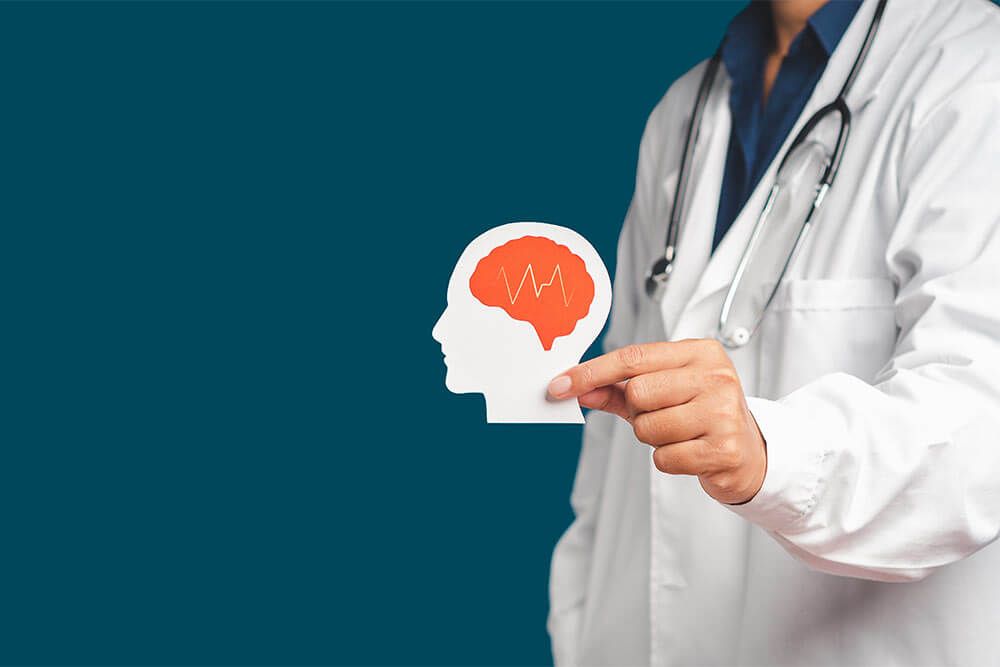Sports-related concussions (SRC) are a significant concern in both amateur and professional athletics, as they involve a disruption in brain function due to a direct or indirect blow to the head. Concussions are classified as mild traumatic brain injuries (mTBI), yet their effects can vary widely from athlete to athlete. Symptoms often include headaches, dizziness, confusion, memory difficulties, and sensitivity to light or noise. Athletes, coaches, and medical professionals must remain vigilant, as the presentation of symptoms can be delayed, subtle, or evolve over time, complicating early detection.
The process of evaluating a suspected concussion begins with removing the athlete from play and performing a sideline assessment. This typically involves standardized tools like the ImPACT or a more immediate neurological exam to check cognitive function, balance, and coordination. If a concussion is suspected, the athlete should undergo further evaluation by a medical professional with experience in brain injury. The diagnosis is clinical, based on symptom presentation and the athlete’s history, as imaging like CT or MRI rarely shows abnormalities in cases of concussion.
Once diagnosed, a gradual return-to-learn and return-to-play protocol is essential for recovery. The return-to-learn phase focuses on easing the athlete back into academic settings by adjusting workload and environmental factors, as cognitive exertion can exacerbate symptoms. Only when the athlete can tolerate full academic participation without symptoms do they move to return-to-play. This phase follows a stepwise approach, starting with light aerobic activity, progressing to sport-specific exercises, non-contact drills, and eventually full-contact practice. The athlete must be symptom-free at each stage before progressing to the next, ensuring both physical and cognitive recovery.
The key to managing sports-related concussions lies in a careful, individualized approach to both diagnosis and rehabilitation. Collaboration between medical professionals, coaches, parents, and educators is critical to ensure the athlete returns to the classroom and field safely.



